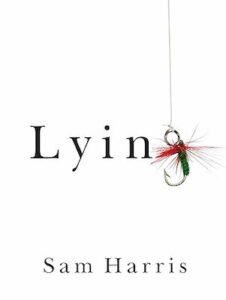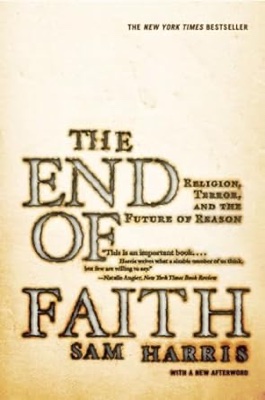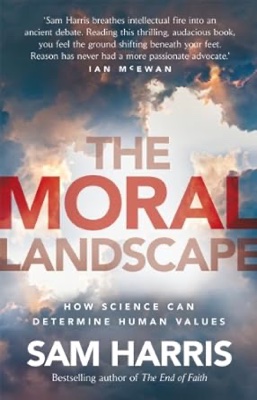
“Lying” by Sam Harris and Annaka Harris is a philosophical and practical exploration of the concept and consequences of lying in various aspects of human life. Harris, a neuroscientist and philosopher, argues compellingly against the common notion that lies can serve as a legitimate means to an end, suggesting instead that they degrade the quality of both personal and public discourse. He delves into the types of lies people tell, including white lies, and examines the social, psychological, and practical repercussions of choosing to lie or to tell the truth in different scenarios.
Through a mix of philosophical reasoning, empirical evidence, and personal anecdotes, Harris makes the case that lying is almost never justified. He suggests that honesty fosters a simplicity and clarity in relationships and interactions, which lying erodes. The book challenges readers to consider the profound impact that even seemingly insignificant lies can have on trust and intimacy.
“Lying” also addresses the complexities of living truthfully in a world where lying is often expected and can seem like the easiest path. Harris offers guidance on navigating these challenges, advocating for a commitment to truthfulness that acknowledges the complexity of human relationships and the nuances of social communication.
Overall, the book is a concise yet impactful treatise on the moral and practical benefits of choosing truth over deceit, encouraging readers to reconsider the role of honesty in their lives.





